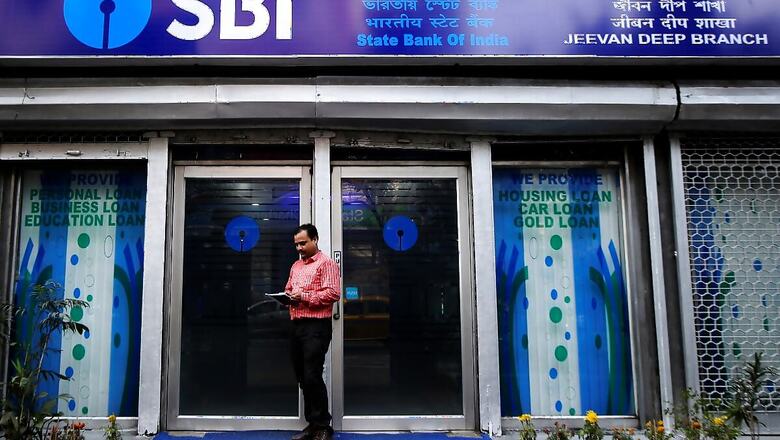
views
The Supreme Court on Friday said that fresh electoral bonds can be issued from April 1. The decision came after the Election Commission argued that it approves of the instrument since without the bonds political parties will deal in hard cash. The panel, however, said it is keen on bringing in more transparency into the transactions involving the electoral bonds.
What are electoral bonds?
Electoral Bonds are interest-free bearer instruments that are used to donate money anonymously to political parties. Introduced in the 2017 Union Budget, a bearer instrument does not carry any information about the buyer or payee, and the holder of the instrument (which is the political party) is presumed to be its owner.
The electoral bonds are sold in multiples of Rs 1,000, Rs 10,000, Rs 1 lakh, Rs 10 lakh, and Rs 1 crore, and the State Bank of India (SBI) is the only authorised bank to sell these. Donors can purchase and subsequently donate the bonds to the party of their choice. Following which the party can withdraw through its verified account within 15 days.
However, as per rules, there is no limit on the number of bonds an individual or company can purchase for the political party. Reportedly, SBI deposits bonds that a political party hasn’t encased within 15 days into the Prime Minister’s Relief Fund.
A total of 12,924 electoral bonds worth Rs 6534.78 crore have been sold in 15 phases between March 2018 to January 2021. Then Finance Minister Arun Jaitley’s Budget speech in 2017 stated that these bonds are a way for companies to make anonymous donations.
As per the notification, individuals, groups of individuals, NGOs, religious and other trusts are permitted to donate via electoral bonds.
Read all the Latest News, Breaking News and Coronavirus News here




















Comments
0 comment